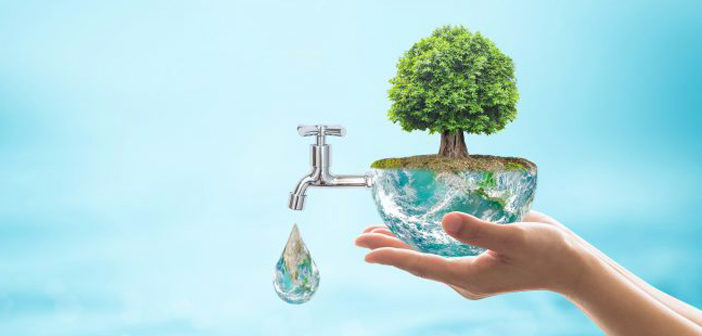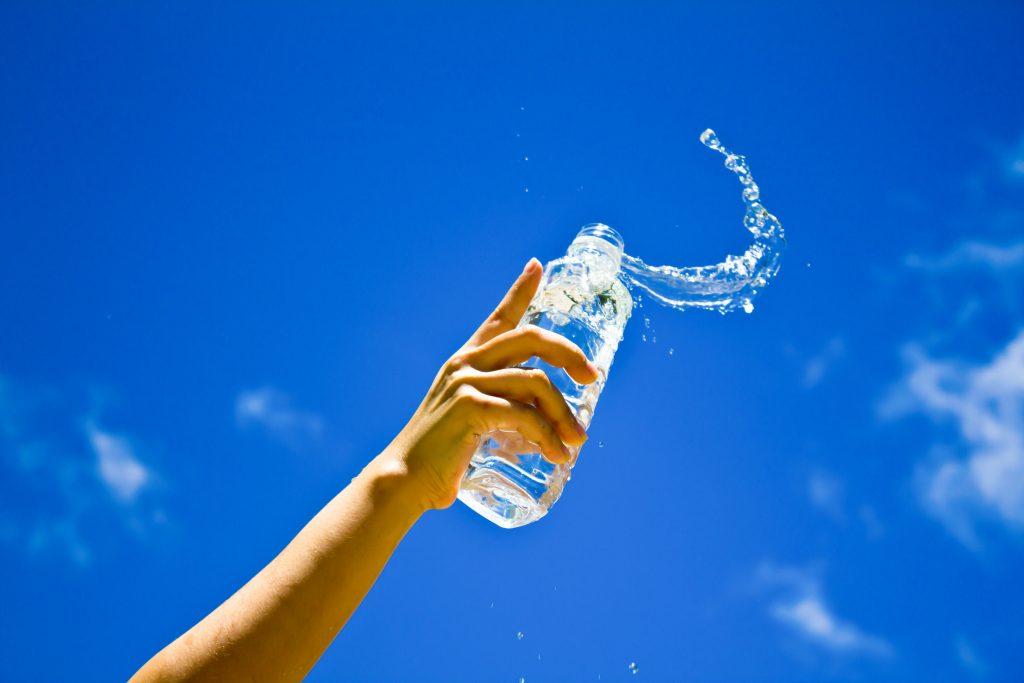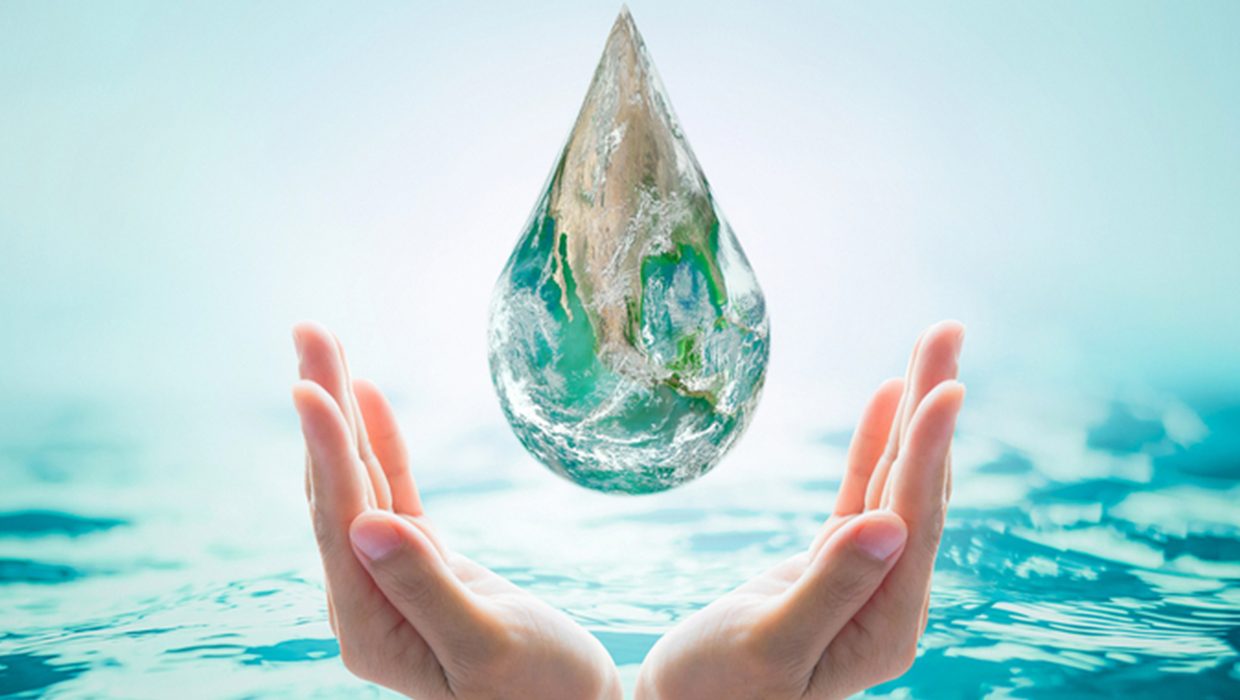World Water Day is celebrated annually on March 22.
This year's theme is “valuing water”. Thus, it is intended to warn of the negative consequences of population growth, the increase in its use in agriculture and industry and climate change in the preservation of water.
On this day, the H2Off campaign is held - time to turn off the tap. The campaign aims to mobilize people not to turn on the taps from 10 pm to 11 pm, in order to become aware of the importance of this good.

The management of water resources has an impact on several sectors, namely on health, food production, energy, domestic and sanitary supply, industry and environmental sustainability.
The planet's water resources face an unprecedented threat. Currently, around 2.2 billion people do not have access to drinking water and 4.2 billion live without adequate sanitation. The effects of climate change are expected to increase these numbers if we do not act urgently. By 2050, between 3.5 and 4.4 billion people will have limited access to water, of which more than a billion will live in cities.
Facts about water
- Between 60% and 75% the human body is made of water;
- Water covers 70.9% of the planet's surface;
- 97% The earth's water is salty. Water from lakes, rivers, streams and swamps, among others, represents only 0.3% of drinking water;
- A bath uses 265 liters of water, a 5-minute shower uses between 35 and 95 liters of water;
- There are 748 million people in the world without access to drinking water;
- On average, Europeans use 190 liters of water per day;
- On average, Americans use 375 liters of water a day;
- On average, sub-Saharan African residents use 7.5 to 19 liters of water per day;
- The World Health Organization says that 7.5 liters of water a day is sufficient to meet the basic needs of virtually all citizens on the globe; and 19 liters of water guarantee basic daily hygiene and food security.

On World Water Day, everyone has a role to play. I call on all stakeholders to step up climate action and to invest in robust measures to adapt to water sustainability. If global warming is limited to 1.5 degrees Celsius, the world will be better prepared to manage and resolve the water crisis that we all face.
![[:pt]clínica cura pura](https://curapura.pt/wp-content/uploads/2017/10/logo-footer2.png)




